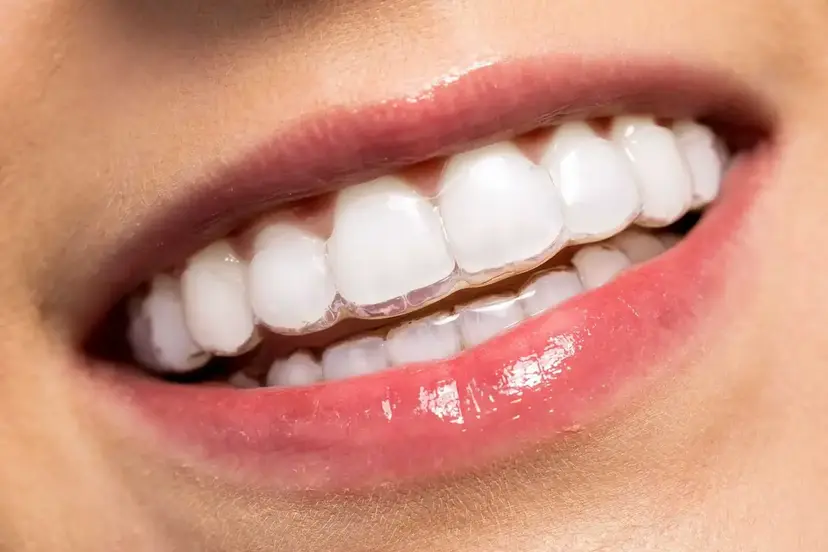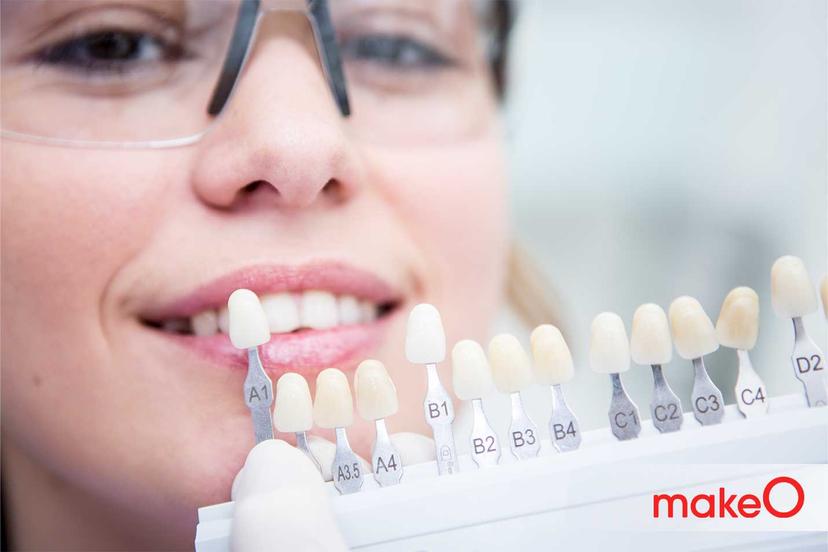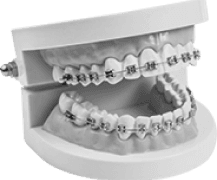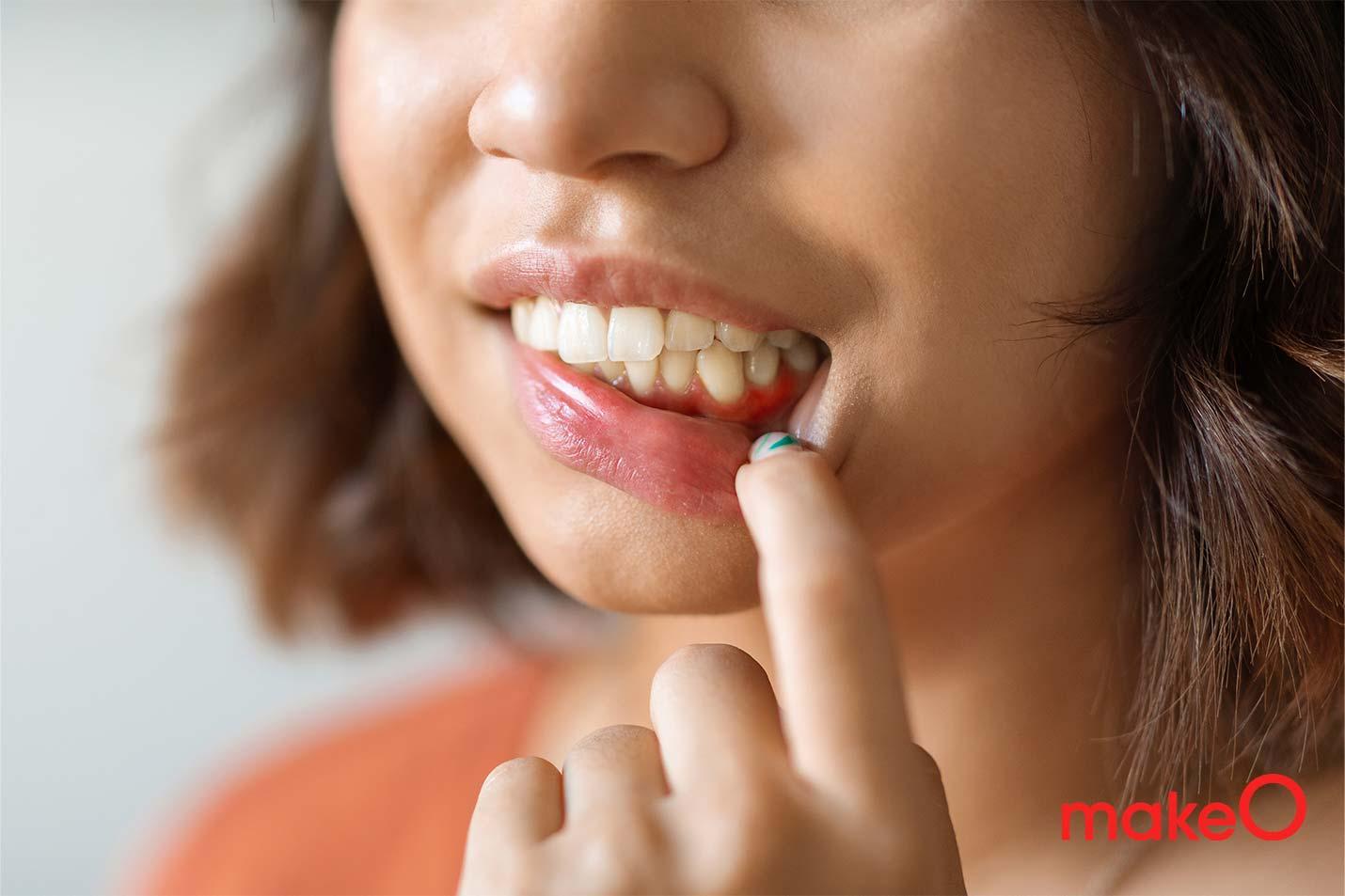MakeO blog
Gingivitis is one of the most common types of periodontal disease. It also happens to be the mildest form of periodontal disease.
Gingivitis typically causes bleeding gums, swollen gums and redness. Generally, this condition does not bring along too much pain and hence it often goes undetected until it aggravates over time. Does that mean you can overlook gingivitis? A big no! This is because if left untreated it can lead to periodontitis, which is a severe gum disease.
Read along to know more about this earliest stage of gum disease, right from the symptoms, causes and how to treat them the best way.
What is gingivitis?
Wondering what gingivitis is ? In most cases, poor oral hygiene leads to plaque and tartar buildup in your mouth which then irritates your gingiva which happens to be the part of your gum around the base of your teeth. This leads to swollen and inflamed gums and gum bleeding.
Causes of gingivitis
Poor oral hygiene happens to be the primary cause of gingivitis. If you don’t take your daily oral care routine seriously, then you are making way for plaque and tartar buildup which have the potential to cause gingivitis in the future. Here are some other potential causes or risk factors that increase your chances of suffering from gingivitis.
- Hormonal changes
- Pregnancy
- Family history of periodontal diseases
- Diabetes
- Smoking or chewing tobacco
- Dry mouth
- Old age
Symptoms of gingivitis
Want to know the early signs and symptoms of gingivitis so that you can treat them in time and prevent them from turning into something more severe? Here are some of the common symptoms that may suggest that you are suffering from gingivitis.
- Swollen gums
- Tender gums
- Bad breath
- Receding gums
- Sudden sensitivity to hold and cold foods
Popular gingivitis treatments
The treatment of gingivitis involves getting the infection under control and removing the tartar and plaque build-up. Here are some gingivitis treatment options that your dentist might recommend you:
1. Good oral hygiene
The gingivitis treatment is to upgrade your oral care game like never before. Your dentist will thoroughly get rid of the plaque and the tartar buildup but it will be all pointless if you go back home and slack off when it comes to maintaining your teeth and gums.
2. Investing in an antibacterial mouth rinse
Your dentist might recommend you invest in an antibacterial mouth rinse which will help to get rid of the disease-causing bacteria in your mouth.
3. Scaling and root planing
Scaling and root planing are similar to your regular dental clean up with the only difference being that these are more intense procedures. Scaling helps to thoroughly get rid of the plaque and the tartar buildup in your mouth and root planing helps to smooth your teeth surfaces to prevent bacteria from sticking on your teeth surface.
4. Dental procedures
It’s no secret that it is easier to maintain your teeth when you don’t have broken dental crowns or damaged teeth bridges. So, your dentist will suggest dental repair work to make your job of taking care of your teeth and gums easy.
Upgrade your oral care with makeO toothsi
Want to prevent gingivitis so that you don’t have to spend a fortune at your local dentist’s clinic? We have the perfect solution for you!
Level up your oral care regime by adding our latest dental care products like teeth whitening kits, retainers, chewies, electric brushes and smart flossers. Remember to brush your teeth at least twice a day, floss once a day and go for routine dental check-ups to avoid falling prey to gingivitis and other dental woes.
FAQs:
What are some of the first warnings of gingivitis?
Swollen and red gums and bleeding are some of the common warning signs which indicate that you might be suffering from gingivitis.
What is the main cause of gingivitis?
Poor oral hygiene can lead to bacterial buildup in your mouth which can over time lead to gingivitis.
Can salt water cure gingivitis?
Salt water cannot cure gingivitis entirely but it can undoubtedly alleviate the symptoms of gingivitis like swollen and inflamed gums. This is because salt has potent anti-inflammatory properties.
How do dentists treat gingivitis?
Dentists treat gingivitis through a thorough dental clean-up in which they remove the tartar and plaque build-up from your tooth surface and beneath your gums.
related categories
Related articles

Types of Braces: Removable vs Fixed Braces, Which is Right For You?

This Diwali, Smile Bright With makeO Teeth Whitening Kit

Dr. Pravin Shetty: Pioneer in Lingual Orthodontics & Innovative Smile Solutions
How do I Know I’m the Right Candidate for makeO toothsi Teeth Aligners?

